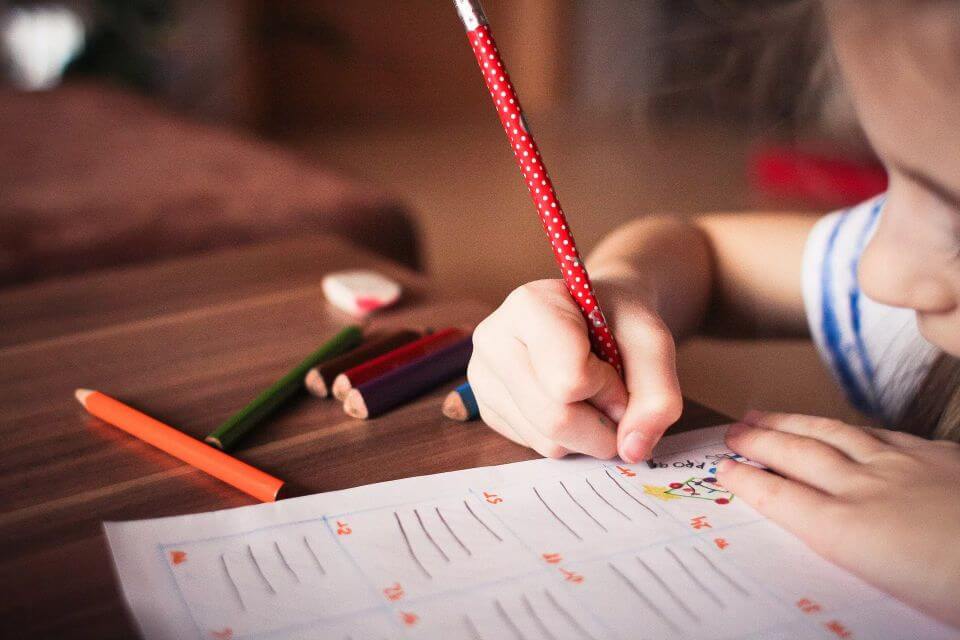
Holidays Are A Chance To Teach Your Child Culture And Acceptance
The Holidays are coming up, and it brings a lot of good things with it. Kids and adults have different expectations, though. The kids, like the parents, appreciate the time off work and school, replaced with a lot of time together. The loving family aspect of the Holiday season is a source of growth for everyone. We learn to give and receive, we learn to pay extra attention to others around the table, and we take extra care to not forget anyone. Christmas inspires many of us to give extra to charity, and also volunteer for the less fortunate in our country. Naturally, the adult has this aspect of the season closer in mind than the children. Let us hope this season gives us a way of teaching culture to your children.
Take the focus away from the material side of the season
The material aspect is sadly very dominating for the youngest of us, and a parent can find it hard to inspire their kids to think of the possibilities of learning that take place in December. Presents and material goods like candy are far too present. As many cultures attend the biggest festivities of the year at the same time as the Christian population, the Holidays is a perfect time for teaching culture to your children. Muslims, Catholics, Jews and many more attend activities of culture, music, games, and spirituality for all ages.
Celebrations Across The World
Three of the world religions celebrate in late December and the beginning of January. It’s such a multicultural time of celebration, as Jews around the world celebrate Hanukkah, and Muslims celebrate Eid-Ul-Fitr. There is also the festivities of another smaller religion, the Rastafari of Jamaica and the black diaspora in North America and the Caribbean. They celebrate Kwanzaa, and its purpose is to appreciate the people’s roots in Africa and find a stronger connection to ancestors and past. Not only the Rastafari celebrate this. It is mixed well with Christianity, and some members of churches in our country arrange both Christmas and Kwanzaa in their homes.
As children learn through a Montessori education, there are also non-religious festivities taking places at the same time. There is, for example, Yule, which is an ancient European fest that existed before Christianity took over some of its rituals, like the Christmas tree. The purpose of Yule is to honor the longer days ahead after the darkest of the year, the 22nd of Christmas.
The Catholic country of Mexico has its Las Posadas festivity, which lasts nine days and ends on Christmas Eve. Las Posadas is about remembering how Mary and Joseph looked for refuge, traveling from Nazareth to Bethlehem.
The Russian Orthodox Church’ Christmas falls on the 7th of January, and this branch of the religion isn’t very well known in the Western world. The Orthodox use a lot of decorations in strong colors in their churches and holy sites, which can be a fun inspiration for children.
Look To Your Local Community
What beliefs and cultural communities are present where you live? Perhaps there are events that are open to all people, not only the affiliates of the belief. Look into events like school plays, concerts, and markets. How great wouldn’t it be taking your child to a performance of Chinese theatre before the Chinese New Year?
Cultural centers put up musical events for charity in many big cities and small towns. Going to a cake sale means a little visit to another culture, and learning through interacting with the people, letting your kids try the food, and participate in donations to what is an important cause to them.
Fun Activities To Do At Home
Other easy-to-do ideas are of course the classic art and crafts table. Search in libraries for books regarding the different festivities and religions, and use them as inspiration to draw their symbols and make cut-out art for the Christmas tree, if you plan on getting one. If not, it can be a decoration in the windows. If you are in a playful mood, you could learn songs and dances at home. A good idea is to ask other parents if they would like to arrange an afternoon of choir singing in, for example, Hebrew or Russian.
Additional activities are reading fairy tales and other children friendly stories from various countries and cultures.
In the Montessori Education, the focus of the Holidays is the cultural, charitable and humanitarian. We want to teach our children to be accepting of everyone that share the earth with us. Hopefully, many families will look around in their communities and find enjoyable ways to teach our younger generation to accept and appreciate the world around us.
If you would like your child to experience culture and acceptance in a fantastic learning environment, contact us today so we can show you just how affordable Montessori can be!
Learn more:
How To Help Your Children Express Their Emotions
How Our Montessori Practices are Revolutionizing Early Childhood Education